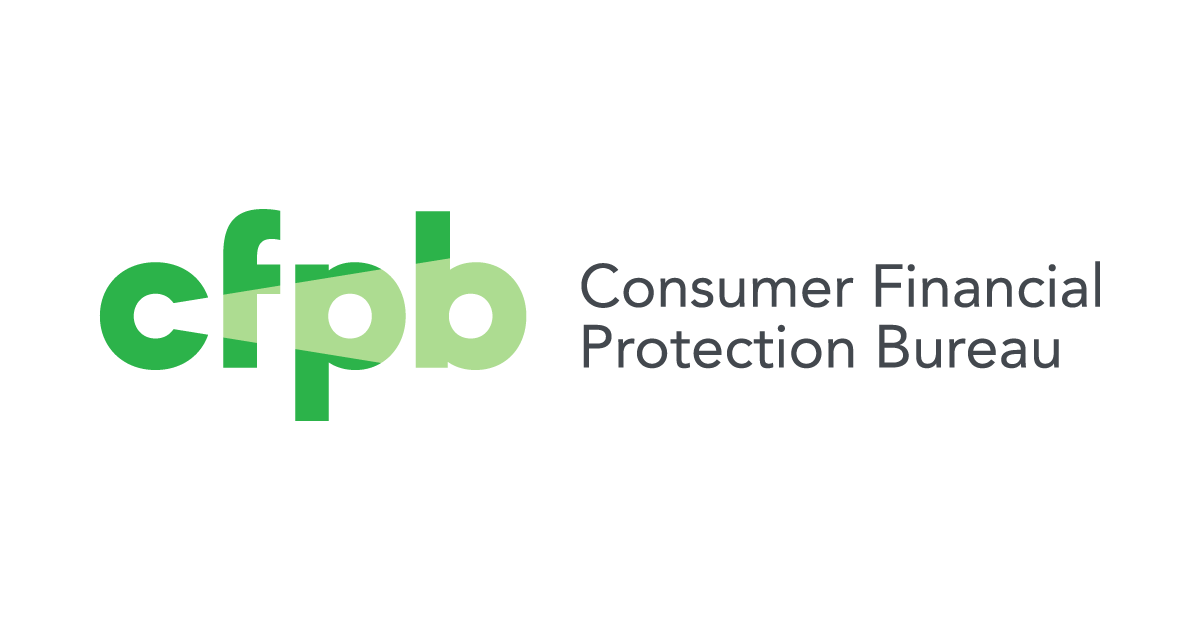Revisions Will Help Facilitate Compliance With New Consumer Protections
WASHINGTON, D.C. – The Consumer Financial Protection Bureau (CFPB) today finalized revisions to the remittance rule that it had proposed in April of this year. The revisions are intended to preserve the rule’s new consumer protections while providing federally insured institutions, such as banks and credit unions, with additional time to provide exact disclosures in certain cases.
“It is critical that consumers can send money abroad safely,” said CFPB Director Richard Cordray. “Today’s final rule will help ensure these changes are implemented smoothly and that consumers will be well-protected during that process.”
Consumers transfer tens of billions of dollars from the United States to foreign countries each year. The CFPB’s remittance rule created a comprehensive consumer protection regime for international money transfers. Under the rule, remittance transfer providers are required to disclose certain third-party fees, as well as any exchange rate that will apply to the transfer. The rule also provides consumers with error resolution and cancellation rights.
The Dodd-Frank Wall Street Reform and Consumer Protection Act contains an exception that explicitly allows federally insured financial institutions, like banks and credit unions, to estimate third-party fees and exchange rates when providing remittance transfers to their account holders for which they cannot determine exact amounts. Insured institutions can only use this exception when they cannot determine the exact amounts for reasons beyond their control.
The exception was set to expire on July 21, 2015. Today’s final rule extends that temporary exception by five years, until July 21, 2020, as expressly authorized by the Dodd-Frank Act. If the temporary exception expired in July 2015, current market conditions would make it impossible for insured institutions to know the exact fees and exchange rates associated with a minority of their remittance transfers. Without the exemption, these insured institutions reported that they would have been unable to send some transfers to certain parts of the world that they currently serve. The Bureau believes that this exception is limited and is not used for most remittances by insured institutions.
The CFPB cannot extend the temporary exception beyond July 21, 2020 and believes that the added extension would give insured institutions that offer remittance services to their account holders additional time to develop reasonable ways to provide consumers with exact fees and exchange rates for all remittance disclosures. The Bureau believes that this exception is limited and is not used for most remittances by insured institutions. Now that the rule is finalized, the CFPB intends to work with these providers for a more sustainable solution to this problem before the extension’s 2020 expiration.
To a large degree, the inability to know the exact fees and exchange rates is unique to insured institutions sending open-network transfers, like wire transfers. In an open network, the provider typically does not have control over, or a relationship with, all of the participants in the remittance transfer. This lack of control can make it difficult to learn all of the potential fees and, in some cases, the exchange rate. By contrast, closed-network providers send cash to recipients through agents, so they are typically able to control or know the transfer terms in advance. This allows them to disclose exact amounts to their customers. Closed-network providers are mostly nonbanks.
The CFPB believes an extension would give insured institutions that offer remittance services to their account holders additional time to develop reasonable ways to provide consumers with exact fees and exchange rates for all remittance disclosures. Now that the rule is finalized, the CFPB intends to work with these providers for a more sustainable solution to this problem before the extension’s 2020 expiration.
The rule also finalizes a series of technical and clarifying changes related to error resolution procedures, permissible methods to deliver disclosures, and the application of the rule to U.S. military installations located abroad and the treatment of non-consumer accounts.
Additionally, the CFPB is releasing a revised version of its compliance guide for industry to reflect the changes finalized in today’s rule.
Prior to the passage of the Dodd-Frank Act, international money transfers were generally not covered by existing federal consumer protection regulations. To remedy this, the Dodd-Frank Act expanded the scope of the Electronic Fund Transfer Act to provide protections for remittance transfer senders, and directed that rules implementing certain provisions of the new protections be issued by January 21, 2012. Authority to implement the new requirements transferred from the Federal Reserve Board to the CFPB in July 2011. In January 2012, the CFPB issued a final rule outlining how covered providers of remittance transfers should treat consumers who send money abroad. After several amendments, the rule took effect on October 28, 2013.
The final rule is available here: https://files.consumerfinance.gov/f/201408_cfpb_final-rule_intl-money-transfer-small-entity.pdf
The revised compliance guide is available here: https://files.consumerfinance.gov/f/201408_cfpb_compliance-guide_intl-money-transfer-small-entity-compliance-guide.pdf
Official news published at https://www.consumerfinance.gov/about-us/newsroom/cfpb-finalizes-revisions-to-rule-protecting-consumers-sending-money-internationally/
Images courtesy of PixaBay
The post CFPB Finalizes Revisions to Rule Protecting Consumers Sending Money Internationally first appeared on RSVTV news.
originally published at Finance - RSVTV news

